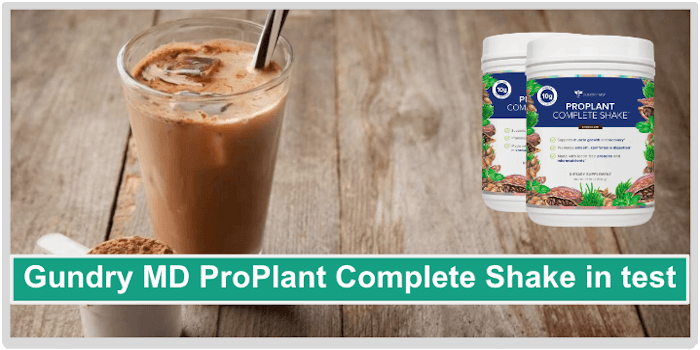Addiction in the Digital Age
As technology changes and advances, so does the world we live in. The prevalence of high-speed internet access and plentiful smart devices shrinks our environment and increases our access to just about everything you could imagine on a daily basis. Even substance abuse and addiction are affected by the rise of the Internet, social media … Read more


